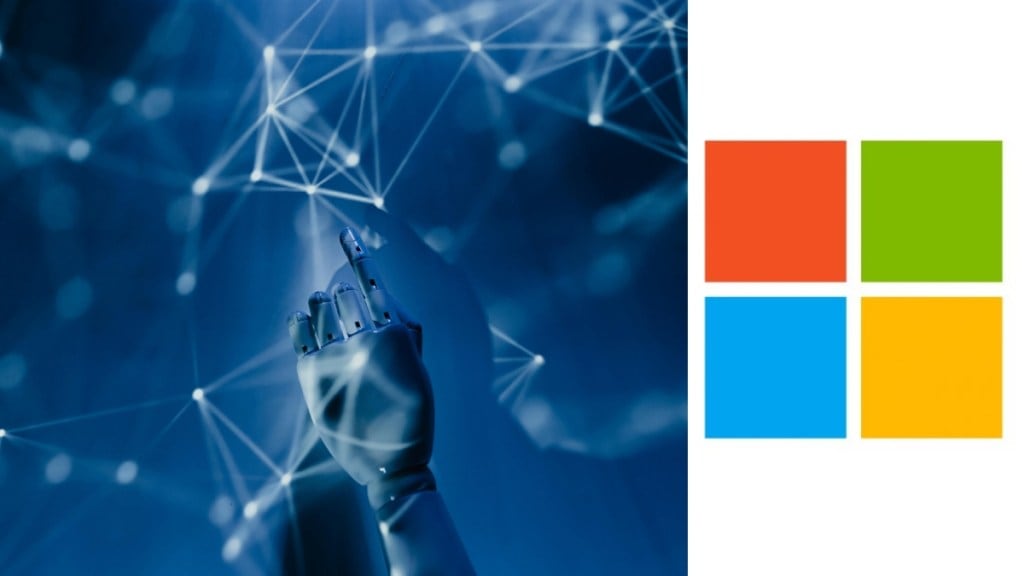In collaboration with the India AI Mission under the Government of India, Microsoft has pledged to equip five lakh individuals including students, educators, developers, government officials and women entrepreneurs with AI skills by 2026. This effort builds on the broader ADVANTA(I)GE India initiative, through which Microsoft had committed to train two million people in AI by 2025. Not only was this goal achieved ahead of schedule, but the company also claims to surpassed it by training 2.4 million individuals. Notably, 65% of the participants were women and 74% hailed from Tier II and Tier III cities, Manju Dhasmana, Senior Director, Philanthropies and CSR at Microsoft India told FE Education. “We continue to work closely with the Government of India on AI skills and have also announced partnerships with the state governments of Andhra Pradesh, Telangana, Gujarat, Karnataka, Maharashtra, Punjab and Uttar Pradesh to deepen the impact of our programmes,” she said.
Microsoft claims to offer a range of AI-focused programmes including AI Micro Degrees, UNNATI AI, the U&AI Program and the Passport2Earning initiative. These programmes, launched in collaboration with various government organisations, are designed to broaden access to AI education and empower individuals with essential skills in the field.
“At Microsoft, we believe AI should benefit everyone. That’s why we partner with governments, industries, and institutions to build inclusive skilling programmes and create customised learning paths powered by AI,” Dhasmana said while responding to a query regarding how Microsoft ensures rural students and differently abled individuals are included in this AI push
“For example, Microsoft Learn and AI Skills Navigator play a pivotal role in enabling this vision through free curriculum. These are free, multilingual platforms with structured AI learning paths, from AI fundamentals to machine learning, generative AI and responsible AI. Learners gain hands-on experience using industry relevant tools like Azure AI, GitHub and sandbox environments,” she explained.
Interestingly, Microsoft claims to be working with customers to establish digital infrastructure in over 500 government schools located in remote and tribal areas, aiming to promote responsible AI education through teachers for schoolchildren. Additionally, the company is setting up AI productivity labs in 20 National Skill Training Institutes (NSTIs) and Industrial Training Institutes (ITIs) across 10 states. These labs are equipped with essential hardware and reliable connectivity to offer hands-on AI learning experiences.
Furthermore, the tech giant states that its flagship initiative, TechSaksham—launched in collaboration with SAP—has trained more than 20,000 young women in rural engineering colleges in AI skills. The program has also facilitated internship and job opportunities for more than 10,000 undergraduate girls in technology-related roles.
“Microsoft also launched ‘AI Careers for Women’, a pioneering skilling programme in partnership with Ministry of Skill Development and Entrepreneurship (MSDE) to empower 20,000 women, establishing 30 centres of excellence in rural higher education institutions to build careers in Artificial Intelligence,” Dhasmana said.
According to Microsoft’s 2025 Annual Work Trend Index, 78 per cent of business leaders globally say they are actively seeking to hire for new AI roles. This signals a clear shift—AI skills are no longer optional or niche; they are becoming fundamental for employability, productivity, and leadership across industries.

